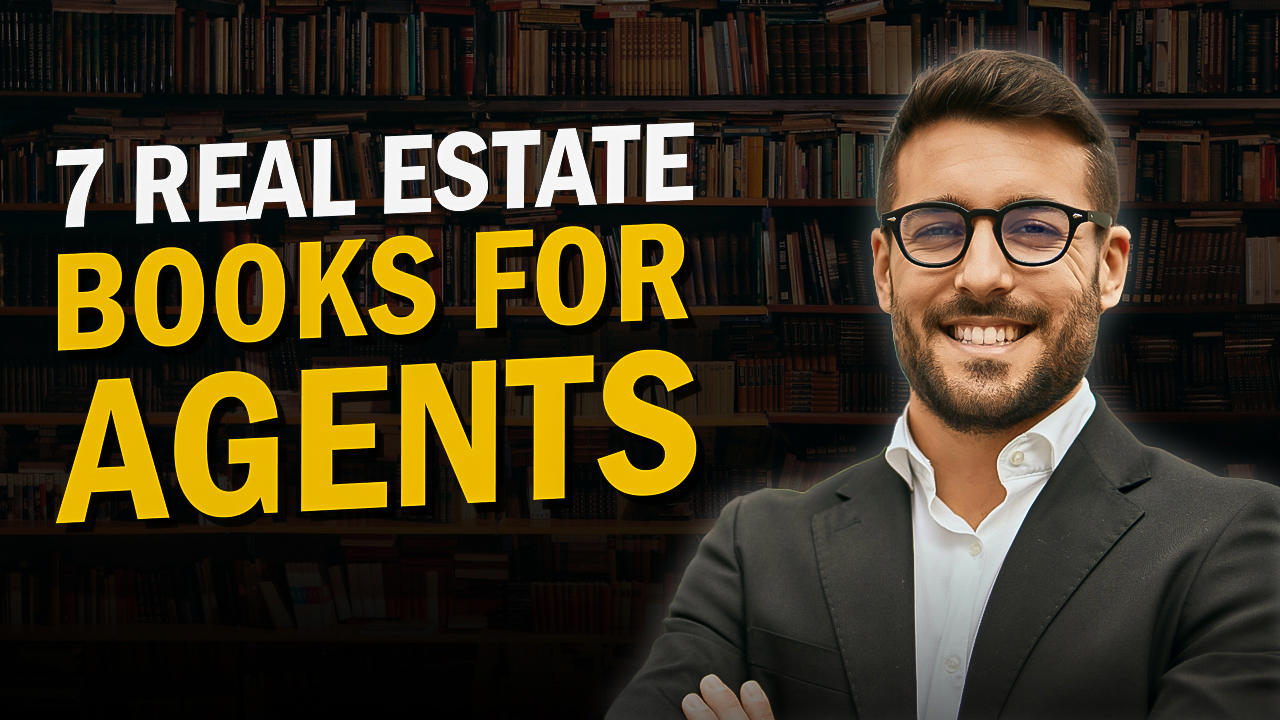
Leasing with option is one of the most common ways for renters to break into the housing market. The option to buy allows renters to avoid a large down payment and to build equity by not moving.
Rent a home with an option to buy
In a "lease-option" to purchase a home, both the landlord and tenant will agree to a one-time option fee. This will grant the renter exclusive ownership rights of the house for the duration of the agreement. Renter pays option fee plus monthly payment towards down payment.
The lease option term is usually between one and three years. However, it can be longer if both the landlords and the renters agree. The contract should clearly state the eventual purchase price of the property, which must remain the same regardless of market fluctuations during the option period.
The best way to determine if a lease-option to buy is right for you is to talk to lenders and check out the local real estate market. You should find out whether you qualify for a loan and can complete the purchase during the option period.

You should keep meticulous records throughout your lease to be able show that you are paying rent on time when you apply for a bank loan. You will be able to get the lowest rate on a mortgage if you keep meticulous records of your rent payments.
Take note of changes to your credit score throughout the lease-option period. When you're ready to buy, this will help you get a better mortgage rate.
Also, it's a good idea for you to look at the value of leased-optioned properties during the period of option so that you know what the purchase price will be when the term ends. If the home value falls below the purchase cost, this could lead to problems with your loan application.
The lease-option agreement isn't without its drawbacks, but it can be a great way to start the process of homeownership while saving a significant down payment and building equity in a home.
Some lease option agreements contain a clause which states that the tenant has to pay the seller back if the property sells at less than its original purchase price. It can be frustrating to tenants who don't wish to lose their down payment they made while renting with the option to purchase the home.

You should make sure the contract is properly drafted and that you can use the option fee you paid to purchase the home. You will need to check around with different banks to find out which accept the option fee.
We can help negotiate the best terms for you, including ensuring that your options are clear and understandable. We can assist you in negotiating the best terms to suit your needs, including making your options clear and easy to understand.
FAQ
What are the benefits to a fixed-rate mortgage
A fixed-rate mortgage locks in your interest rate for the term of the loan. This means that you won't have to worry about rising rates. Fixed-rate loans offer lower payments due to the fact that they're locked for a fixed term.
Do I need to rent or buy a condo?
Renting may be a better option if you only plan to stay in your condo a few months. Renting lets you save on maintenance fees as well as other monthly fees. However, purchasing a condo grants you ownership rights to the unit. You are free to make use of the space as you wish.
What amount of money can I get for my house?
This can vary greatly depending on many factors like the condition of your house and how long it's been on the market. Zillow.com reports that the average selling price of a US home is $203,000. This
Statistics
- Based on your credit scores and other financial details, your lender offers you a 3.5% interest rate on loan. (investopedia.com)
- 10 years ago, homeownership was nearly 70%. (fortunebuilders.com)
- Some experts hypothesize that rates will hit five percent by the second half of 2018, but there has been no official confirmation one way or the other. (fortunebuilders.com)
- The FHA sets its desirable debt-to-income ratio at 43%. (fortunebuilders.com)
- This means that all of your housing-related expenses each month do not exceed 43% of your monthly income. (fortunebuilders.com)
External Links
How To
How to manage a rental property
While renting your home can make you extra money, there are many things that you should think about before making the decision. We will show you how to manage a rental home, and what you should consider before you rent it.
Here are some things you should know if you're thinking of renting your house.
-
What factors should I first consider? Take a look at your financial situation before you decide whether you want to rent your house. If you have outstanding debts like credit card bills or mortgage payment, you may find it difficult to pay someone else to stay in your home while that you're gone. Your budget should be reviewed - you may not have enough money to cover your monthly expenses like rent, utilities, insurance, and so on. It might not be worth the effort.
-
How much is it to rent my home? The cost of renting your home depends on many factors. These include factors such as location, size, condition, and season. Keep in mind that prices will vary depending upon where you live. So don't expect to find the same price everywhere. Rightmove has found that the average rent price for a London one-bedroom apartment is PS1,400 per mo. This means that your home would be worth around PS2,800 per annum if it was rented out completely. That's not bad, but if you only wanted to let part of your home, you could probably earn significantly less.
-
Is it worth the risk? Doing something new always comes with risks, but if it brings in extra income, why wouldn't you try it? It is important to understand your rights and responsibilities before signing anything. Not only will you be spending more time away than your family, but you will also have to maintain the property, pay for repairs and keep it clean. You should make sure that you have thoroughly considered all aspects before you sign on!
-
Are there any advantages? So now that you know how much it costs to rent out your home and you're confident that it's worth it, you'll need to think about the advantages. Renting out your home can be used for many reasons. You could pay off your debts, save money for the future, take a vacation, or just enjoy a break from everyday life. You will likely find it more enjoyable than working every day. Renting could be a full-time career if you plan properly.
-
How do you find tenants? Once you decide that you want to rent out your property, it is important to properly market it. Start by listing online using websites like Zoopla and Rightmove. Once you receive contact from potential tenants, it's time to set up an interview. This will help you evaluate their suitability as well as ensure that they are financially secure enough to live in your home.
-
What are the best ways to ensure that I am protected? If you're worried about leaving your home empty, you'll need to ensure you're fully protected against damage, theft, or fire. You'll need to insure your home, which you can do either through your landlord or directly with an insurer. Your landlord will likely require you to add them on as additional insured. This is to ensure that your property is covered for any damages you cause. However, this doesn't apply if you're living abroad or if your landlord isn't registered with UK insurers. You will need to register with an International Insurer in this instance.
-
It's easy to feel that you don't have the time or money to look for tenants. This is especially true if you work from home. Your property should be advertised with professionalism. Make sure you have a professional looking website. Also, make sure to post your ads online. Also, you will need to complete an application form and provide references. Some people prefer to do everything themselves while others hire agents who will take care of all the details. In either case, be prepared to answer any questions that may arise during interviews.
-
What do I do when I find my tenant. If you have a contract in place, you must inform your tenant of any changes. You may also negotiate terms such as length of stay and deposit. You should remember that although you may be paid after the tenancy ends, you still need money for utilities.
-
How do I collect my rent? When the time comes for you to collect the rent you need to make sure that your tenant has been paying their rent. You will need to remind your tenant of their obligations if they don't pay. Before you send them a final invoice, you can deduct any outstanding rent payments. You can call the police if you are having trouble getting hold of your tenant. They will not normally expel someone unless there has been a breach of contract. However, they can issue warrants if necessary.
-
How do I avoid problems? Renting out your house can make you a lot of money, but it's also important to stay safe. Consider installing security cameras and smoke alarms. Check with your neighbors to make sure that you are allowed to leave your property open at night. Also ensure that you have sufficient insurance. You should not allow strangers to enter your home, even if they claim they are moving in next door.